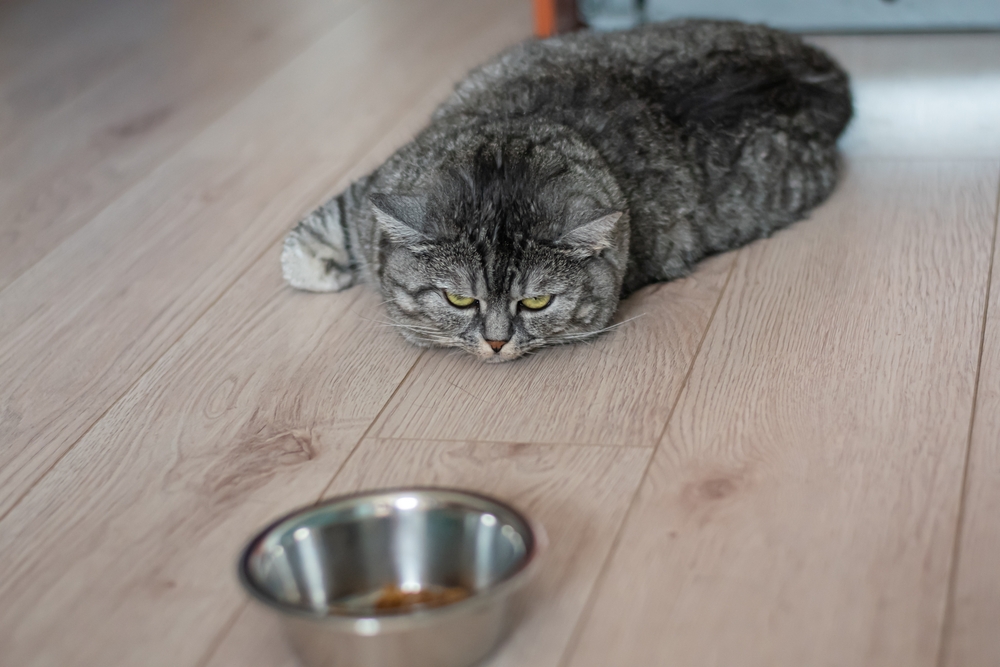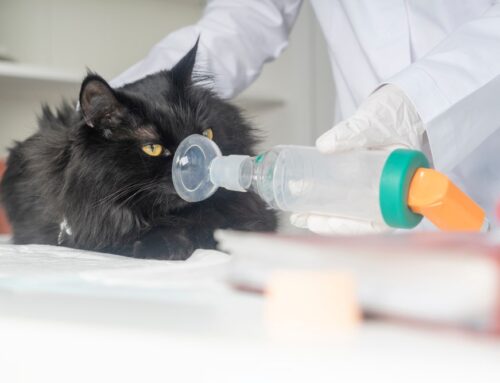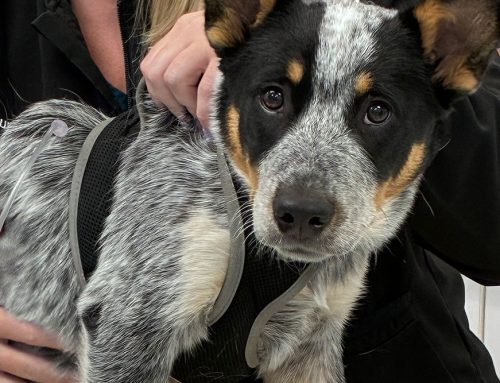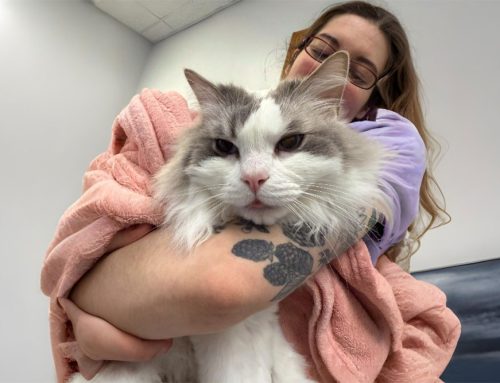If your furry friend has a nose for mischief, they’ve likely wound up in some sticky situations that require prompt veterinary attention to patch up a scratch or treat a bout of vomiting and diarrhea. Pets can develop a multitude of medical conditions that need treatment sooner rather than later, but distinguishing between the two can be tough. To help you determine if your four-legged pal needs attention, our Animal Urgent Care of Oconomowoc team outlines common pet health emergencies that necessitate urgent care, so you will know to act quickly and decisively when every second counts.
1: Limping or lameness
If your pet suddenly starts limping or favoring one leg, a sprain, strain, fracture, or joint issue could be indicated. While not usually life-threatening, limping can cause discomfort and may worsen without treatment. Schedule an urgent veterinary appointment to assess the injury and determine appropriate care, especially if you suspect a fracture.
2: Sudden behavior changes
Abrupt changes in your pet’s behavior, such as aggression, lethargy, or withdrawal, may signal underlying health issues or emotional distress. While not actual emergencies, these changes can indicate pain, illness, or stress that require prompt attention from your Animal Urgent Care of Oconomowoc veterinarian.
3: Persistent vomiting or diarrhea
While occasional vomiting or diarrhea is seldom cause for alarm, persistent or recurrent episodes can lead to dehydration and nutrient deficiencies. If your pet has frequent bouts of vomiting or diarrhea, schedule an urgent veterinary appointment to identify the underlying cause and prevent complications.
4: Appetite loss
Sudden inappetence or refusal to eat can indicate various health problems, including dental issues, gastrointestinal (GI) disorders, or systemic illness. While not an emergency, you must address appetite changes promptly to prevent nutritional deficiencies and complications, especially if a serious illness is causing your pet’s inappetence.
5: Skin irritation or infection
Skin problems, such as rashes, hot spots, or ear infections, can cause discomfort and will likely worsen without treatment. While not life-threatening, these issues require prompt veterinary attention to relieve symptoms, prevent secondary infections, and promote healing.
6: Difficulty passing stool or urine
Straining to defecate or urinate, blood in stool or urine, or changes in litter box habits may indicate underlying urinary or GI issues that can rapidly worsen without veterinary attention. They may signal life-threatening conditions, such as a urethral or GI obstruction.
7: Sudden weight loss or gain
Significant changes in your pet’s weight without a clear explanation, such as diet or exercise changes, may indicate underlying health problems, such as thyroid disorders, diabetes, or organ dysfunction. Schedule an urgent veterinary appointment to investigate why your pet’s weight has changed and to implement appropriate treatment.
8: Persistent coughing or sneezing
Chronic coughing, sneezing, or nasal discharge can be signs of respiratory infections, heart disease, or other underlying health issues. These issues are generally not emergencies, but they warrant prompt veterinary attention to prevent respiratory complications and promote recovery.
9: Pain or stiffness
Persistent pain signs, such as reluctance to move, stiffness, agitation when touched, or excessive vocalization, may indicate arthritis, joint disease, or other uncomfortable conditions. Chronic pain can significantly impact your pet’s quality of life and although not an emergency, should be addressed promptly with veterinary care.
10: Eye issues

Eye problems in pets can vary widely, from minor irritations to serious conditions requiring urgent medical attention. Common issues include eye redness, discharge, squinting, or cloudiness, which can indicate a range of problems, including infections, injuries, foreign bodies, or underlying health issues like glaucoma or cataracts. Without proper assessment and treatment, eye conditions can rapidly worsen, causing significant pain and potential vision loss.
In any urgent but non-emergency situation, monitor your pet closely for changes in signs and behavior and seek veterinary care as soon as possible. Early intervention can prevent minor issues from becoming more serious and keep your pet in good overall health.
Being able to recognize and respond to pet emergencies is a crucial skill for every pet owner. By familiarizing yourself with the common signs and causes of urgent health situations, you can act swiftly to ensure the best possible outcome for your pet. If your four-legged friend requires urgent care, contact our Animal Urgent Care of Oconomowoc team for help.







Leave A Comment